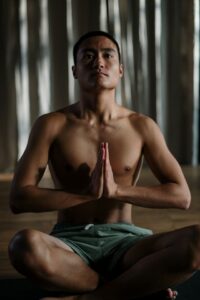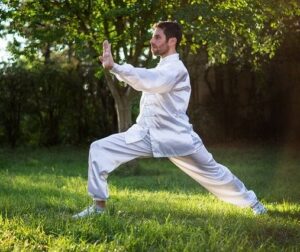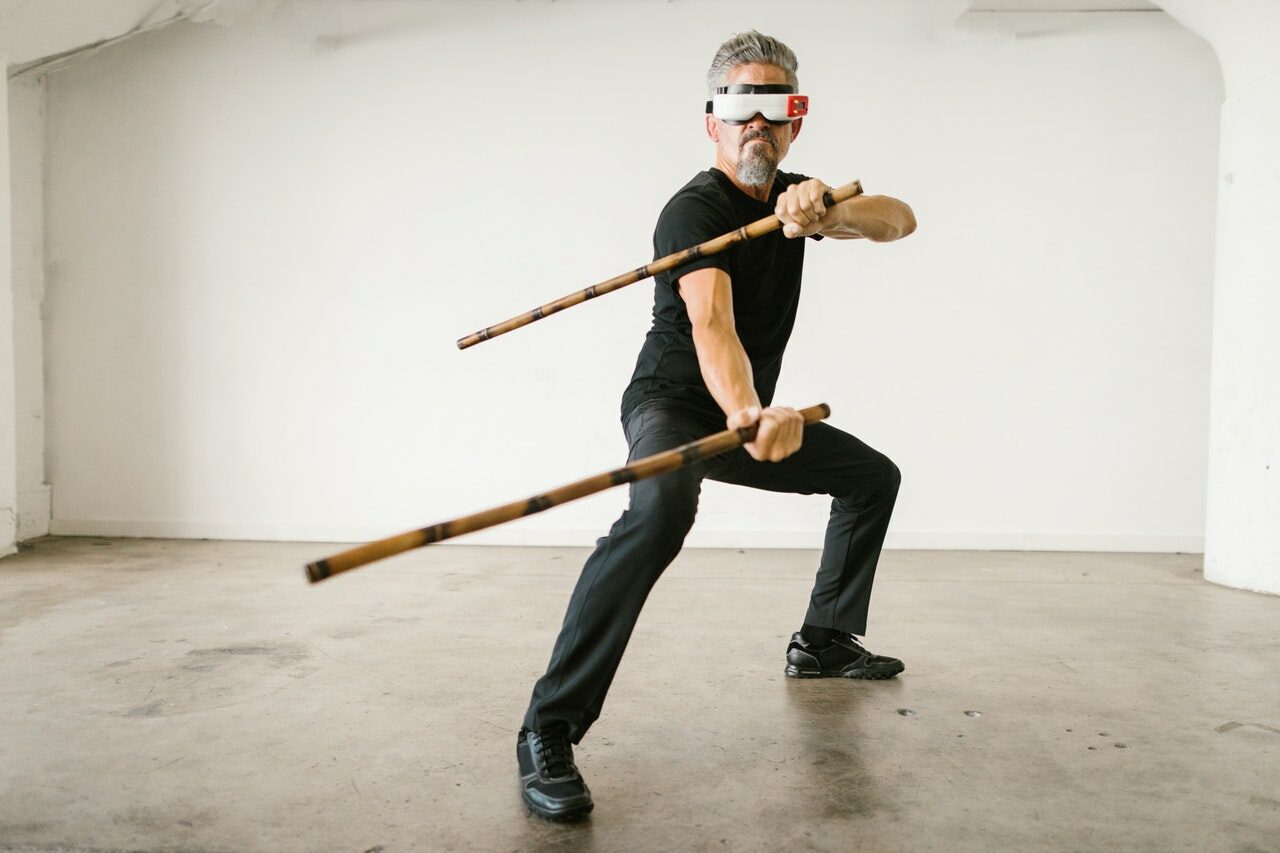Embedded into are cultures are some traditions which we frequently tend to hold. Traditions are important and have cultural and historic value, but they can also tell us a lot about the topic. Meditation is an important part of many cultures and plays a part in many different disciplines of a culture.
Traditionally, some martial arts employ meditative techniques, or even meditation, as a part of learning that martial arts. It is a part of the philosophy of many martial arts, Kung Fu, Karate, or typically most traditional Asian martial arts. Why is it important for them? A large part comes from a combination of culture, philosophy and practicality.
Meditation as a Part of Tradition

Most traditional Asian martial arts include meditation as a part of their tradition. Many martial arts have been developing simultaneously with philosophy and culture, meaning that they inherited a lot from their surroundings. When something becomes a tradition, it is likely that it will survive to even our modern age.
Not many martial arts have a requirement to sit and meditate, but some traditional ones do. Take note that traditional Karate is not like the Karate of today, especially the kind that one sees during tournaments.
Meditation as a Part of Philosophy
Most martial arts are pretty philosophical in nature, particularly the ones which are bound by tradition. These philosophies include meditation and a need to achieve a clear mind, through both working out and meditating. Meditation plays a vital role in some martial arts, with the idea of achieving the state of Mushin, or no-mind. In this state, the practitioner would execute moves perfectly, letting their body do the work, without employing the mind as a potential brake. A hyperbolic example of this can be found in Dragonball, when Goku finally achieves Ultra Instinct.
Meditation For Practicality

Meditation has practical purposes. Keeping one’s mind clear and free from distractions, or rather, practicing the ability to focus, is very important in martial arts. This will make the training better, as well as the process of fighting. When one is present, everything is easier, because they are there, and not wandering the universe, searching for answers. Even during simple workouts, one can injure themselves if they are not focused. Meditation can help enhance that ability to focus.
Hidden Meditation
While some martial arts require the practitioners to sit and meditate, all martial arts require a meditative state while practicing. One often does a series of repetitive moves, during which it is easy to lose focus. Focusing on the movement and the exercise is meditating in itself. Most workouts are, in fact, meditative.
Meditation plays a role in some martial arts, at least from a philosophical and traditional view. In others, it may or may not be used or encouraged.

